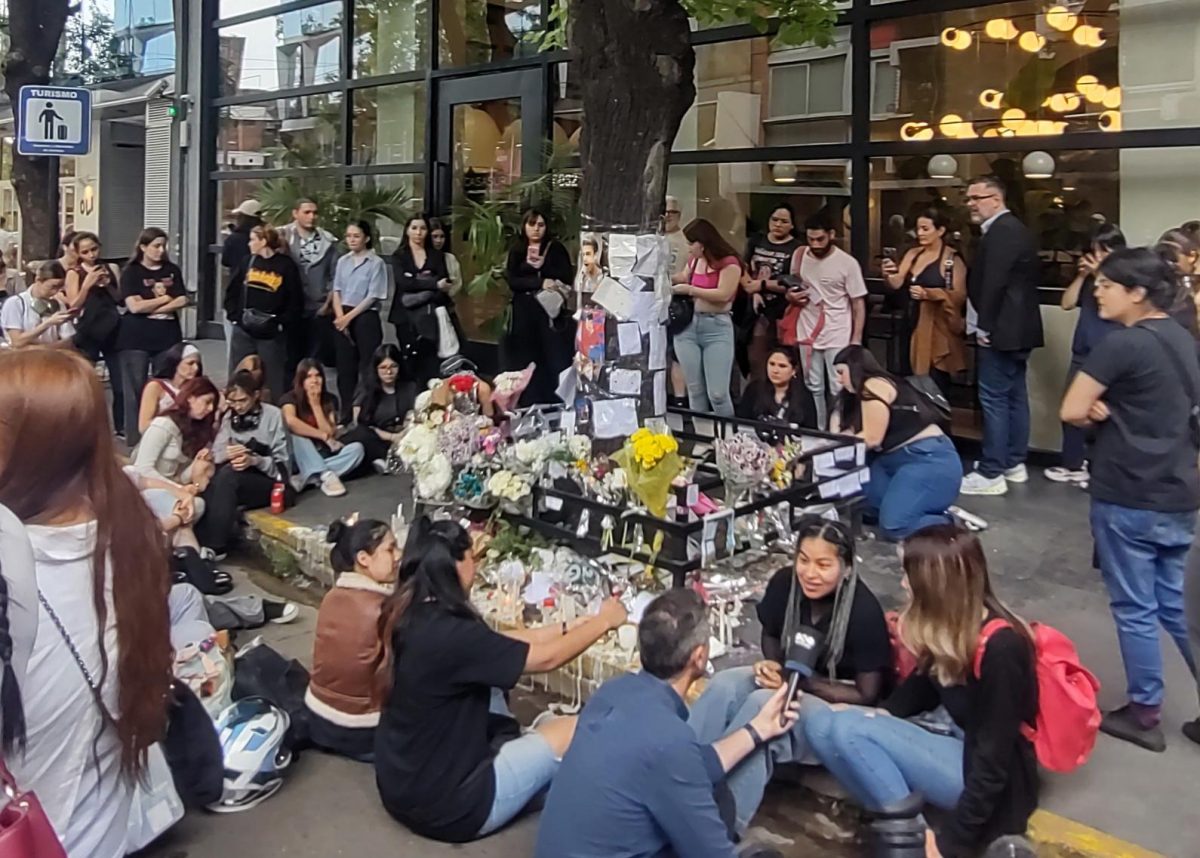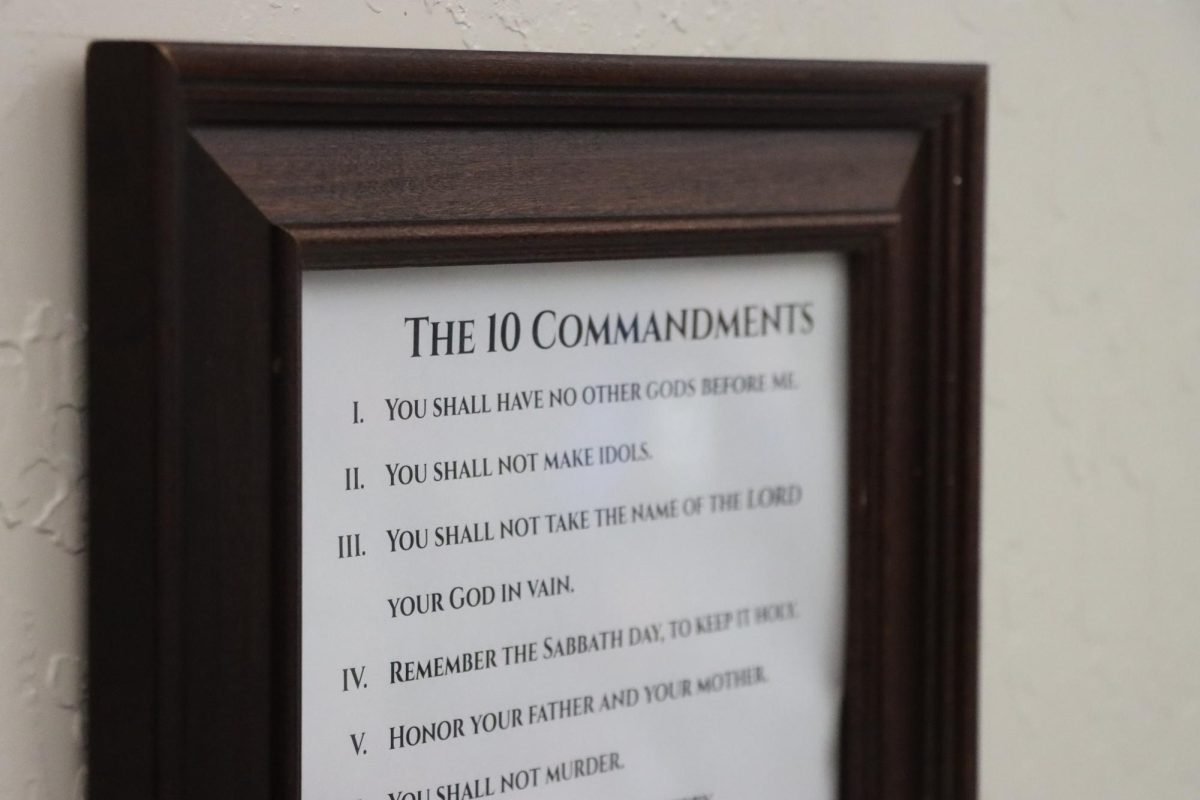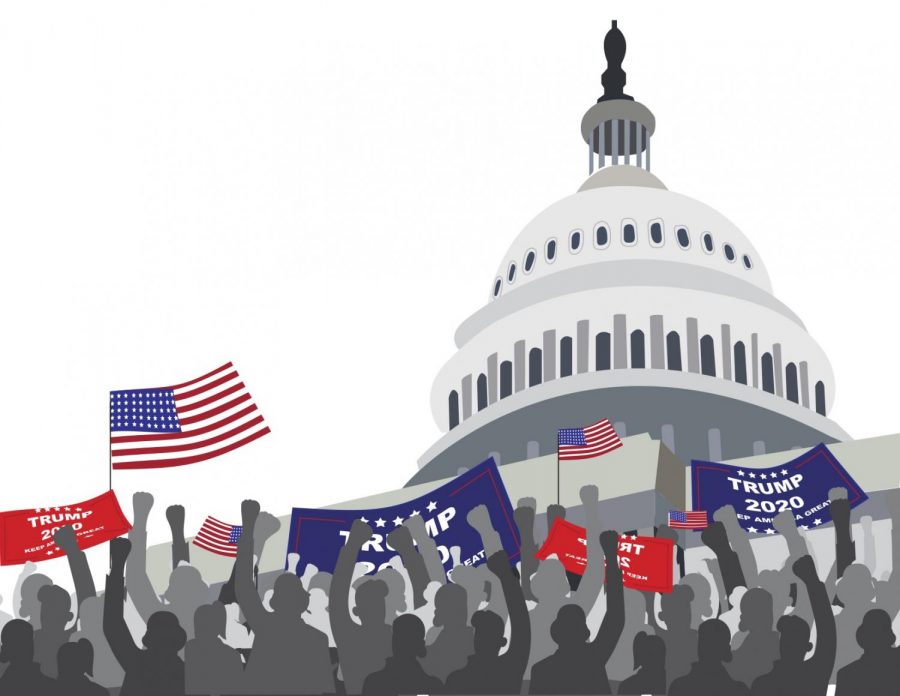With the recent death of singer-songwriter and former One Direction member Liam Payne on Oct. 16, we were reminded of how disrespectfully celebrities are often treated after their death. Fans reacted strongly following Payne’s passing, with some flocking to Casa Sur Hotel in Buenos Aires, the site of his death, while others voiced their support on social media. However, a wave of misinformation, offensive jokes, and accusations quickly followed. Social media users spread conspiracy theories, most notably placing blame on his ex-girlfriend, Maya Henry. These theories are disrespectful and insensitive at a time when Henry is likely experiencing great grief.
Celebrities’ constant presence in the spotlight fuels parasocial relationships, creating a lack of privacy as fans obsess over every moment of their lives. While supporting a celebrity isn’t inherently problematic, disregarding the wishes of their families, especially after their passing, crosses a line from admiration to invasion. Fans often feel like they have a genuine connection with these celebrities, believing they are entitled to grieve in a way that often feels invasive to the families of those who have died.
Unfortunately, Payne’s death isn’t the first time we’ve seen grieving fans cross the line. In 2020, when basketball legend Kobe Bryant died along with his daughter Gianna Bryant and seven others, the internet quickly spread harmful content regarding their passing. Disturbing pictures taken at the crash site, some of which showed Bryant’s body after their fatal helicopter crash, spread online so extensively that it led to future legal action.
The culture and expectations around celebrities in our society is, in itself, problematic. But by staying mindful of the privacy of these individuals and their families, we can find a more respectful and compassionate way to mourn.
It is, of course, understandable to be upset after losing someone you might consider a role model. But fans do not have the right to place blame, to violate the privacy of the deceased and their families, and to spread hateful rumors and misinformation. Even in death, celebrities like Liam Payne can’t seem to escape the glare of the spotlight.








































